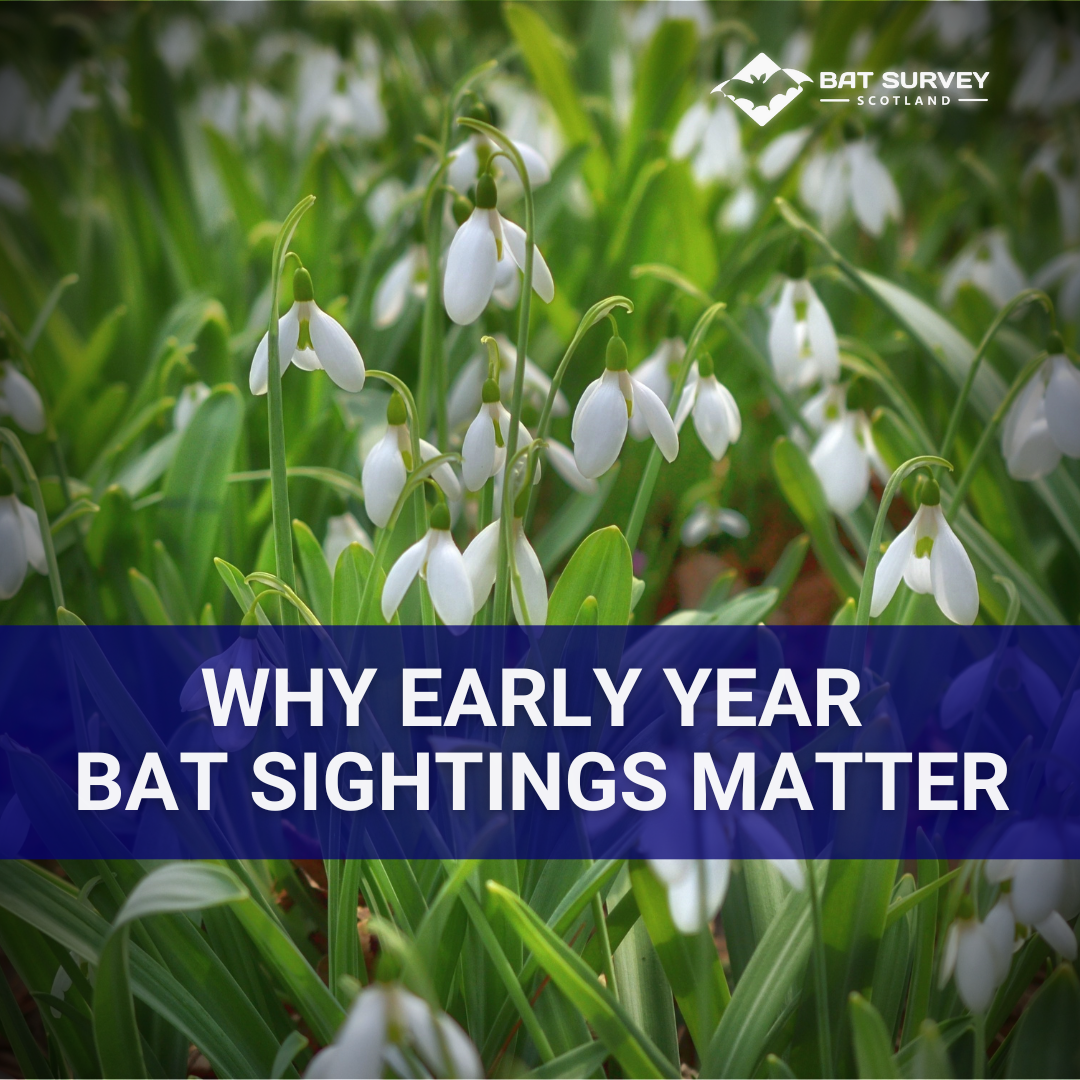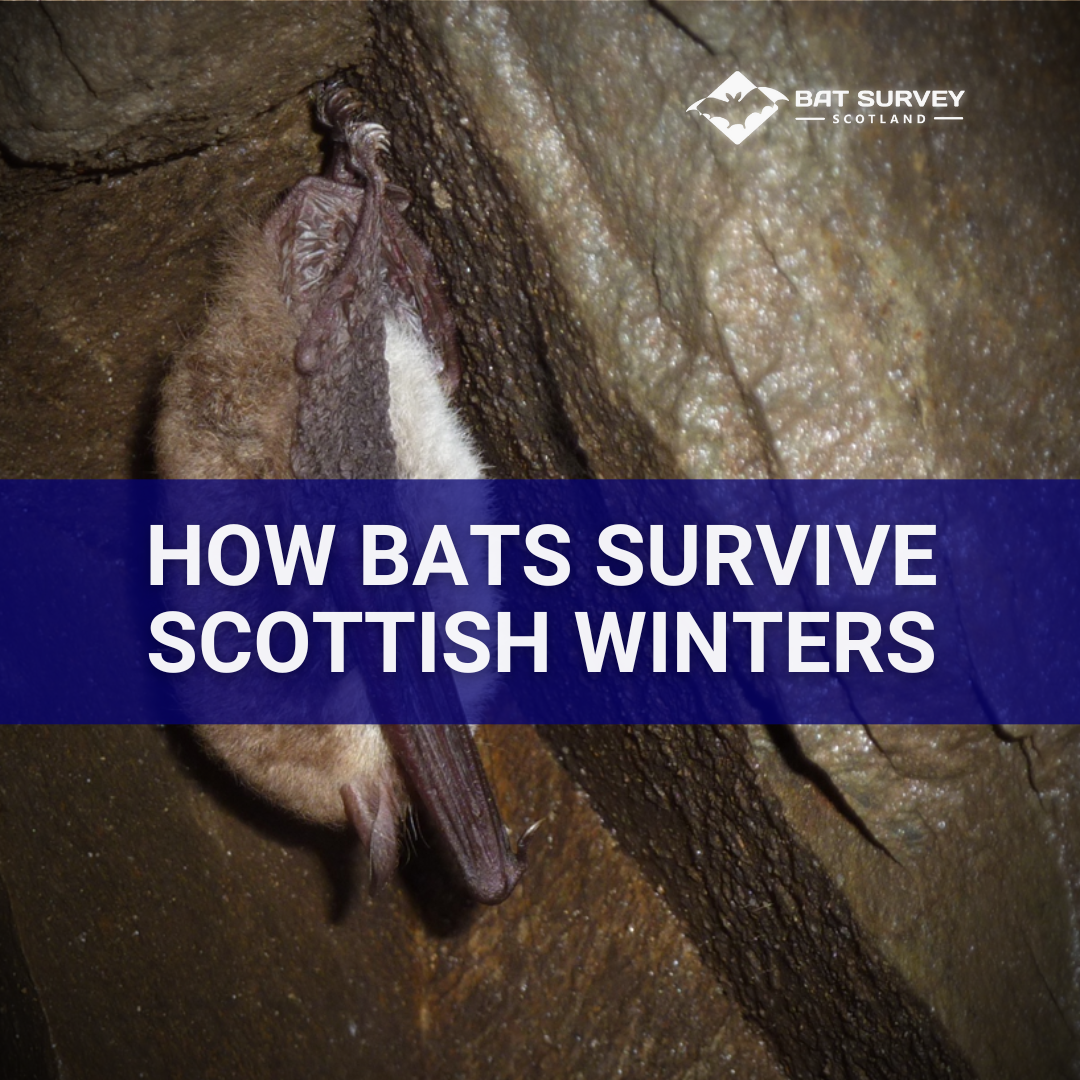
Why are Bats Protected?
All native species of bats have declined over the last 50 years, so they are all protected by law.
There is significant evidence that all 18 UK bat species (10 in Scotland) have declined over the last 50 years. There are several explanations for their population decline:
Increased use of pesticides and a massive reduction in the invertebrate populations bats feed on.
Loss of habitat including hedgerows, woodland, and roost spaces.
Timber treatment in attics and other roosting sites with toxic chemicals.
Are bats pests?
In short, no! Hollywood films have demonised bats for many decades, causing some people to be afraid of or willing to harm bats to remove them from their property. Bats in the UK are all relatively small, insect-eating, and uninterested in their human neighbours.
A dark flapping thing in the night sky can seem creepy and unpredictable, but up close bats are small, furry creatures with remarkable adaptations to life on the wing.
When seen silhouetted against a dim night sky they look much bigger than they are up close, and a single pipistrelle can roost in a crevice roughly the size of your thumb!
Aren’t they like rodents?
Bats are more closely related to primates than they are to rodents, so there are several big differences between the two:
Unlike rodents, bats are slow to reproduce, with most species having just one pup per year. Their slow approach to reproduction means if a colony is lost it can take decades to recover.
Bats hibernate to conserve energy, while rodents stay awake and active year round. The cold northern climate and bats’ insect-based diet means many bats don’t make it through their annual winter hibernation.
Bats tend to return to the same roosts annually so their roosts are protected whether they are inhabited at the time or not.
Bats can live for many years, with our team encountering bats well into their teens (identified by forearm rings, and one with a forearm ring and a missing ear!).
If you are considering carrying out any action that could impact or affect a roosting location, for example…
Roof repairs
Timber treatment
Building renovation or demolition
Or removing branches from a mature tree
…You should consider if a bat survey is required first. Bat specialists at David Dodds Associates can give informal advice from the very beginning of your project planning, and the earlier you reach out the better!
Be aware there are seasonal limitations on when bat surveys can be carried out, so plan as far ahead as possible!
Our Lastest Blogs
Contact our team of ecologists
If you have any questions about bats or other protected species, what to do about organising a survey, or need general information, we welcome your inquiry.
What Our Clients Say




